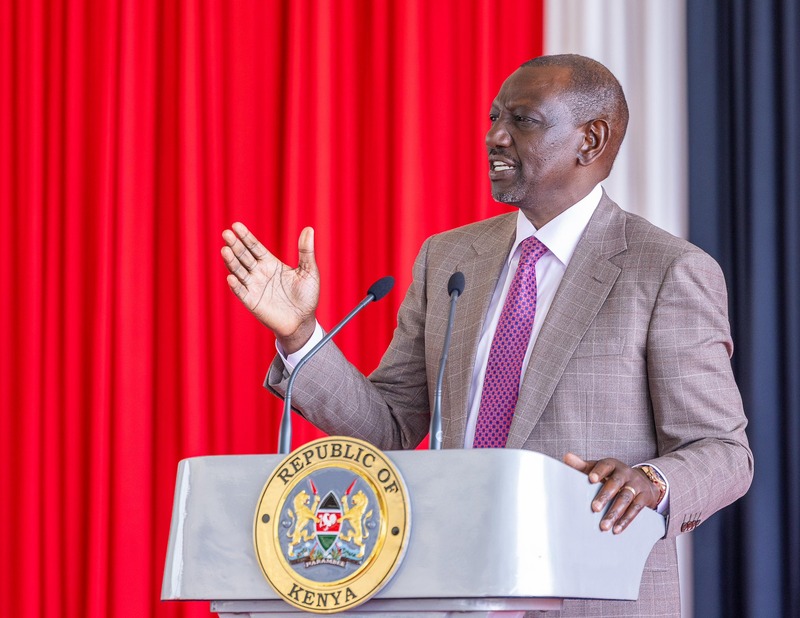Bill seeks to erase minor criminal records from police clearance certificates

Owino explained that the Directorate of Criminal Investigations currently lacks clear legal authority to remove criminal records unless a conviction is overturned on appeal or revision.
Offenders who have completed their jail terms could soon have certain criminal convictions removed from police clearance certificates if a proposed law is approved by Parliament.
The Criminal Procedure Code (Amendment) Bill, 2024, introduced by Embakasi East MP Babu Owino, aims to erase minor offences from records to give rehabilitated individuals better chances at employment.
More To Read
Serious crimes, including murder, terrorism, and sexual offences such as rape, defilement, sodomy, and incest, would remain ineligible.
Presenting the Bill to the Justice and Legal Affairs Committee, Owino argued that thousands of young people are blocked from job opportunities because of past minor convictions reflected in their police clearance certificates.
“There is no need to punish a person twice, once he has served for the crimes he committed, his records at the police clearance should be clean. I plead with this committee not to condemn young people twice,” he said.
“Many Kenyan youth suffer as they are unable to secure employment due to their previous convictions and tainted police clearance certificates. This is especially the case where the conviction was a result of a misdemeanour or minor offence. Let’s give our youth a second chance by considering the enactment of this law.”
Owino explained that the Directorate of Criminal Investigations currently lacks clear legal authority to remove criminal records unless a conviction is overturned on appeal or revision.
He highlighted a 2023 court case where petitioner Ibrahim Kingori Njoki requested that a 20-year-old misdemeanour conviction be removed from his police clearance, arguing that it blocked employment opportunities.
The court suggested South Africa’s model of record expungement as a practical example Kenya could adopt, with clear time limits, criteria, and exclusions.
The proposed Bill, he added, would promote employment, support social reintegration, encourage rehabilitation, and reduce the risk of reoffending.
Owino emphasised that minor offences should not carry lifelong consequences, and expungement would help restore dignity to individuals who have served their sentences.
Committee chairperson George Murugara proposed that the law be refined to also exclude financial crimes, including money laundering and corruption, from expungement.
Ruaraka MP T.J. Kajwang recommended a one- to two-year grace period to allow offenders time for rehabilitation, and suggested including violent crimes such as aggravated assault in the list of exemptions.
Ol Joro Orok MP Michael Muchira supported the Bill, saying, “The proposed amendment makes sense because even our God is a God of a second chance. Once offenders have served their sentence, they are presumed to have changed; thus, they should not be condemned twice.”
The Justice and Legal Affairs Committee is now expected to give its recommendation on whether the Bill should be published and later debated by the House.
Top Stories Today











































